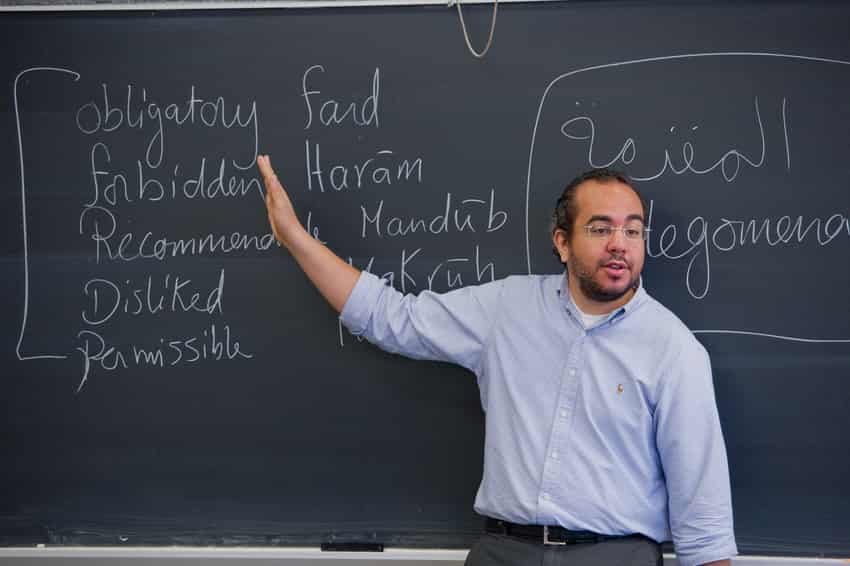
Professor Ahmed Abdel-Meguid has been accepted for the summer ’18 position of Visiting Faculty Fellow at the Centre of Ethics at the University of Toronto. He will be working closely on his project with Professor James DiCenso, Department of the Study of Religion, a Kant scholar and a Ph.D. alumnus from our department.
Professor Abdel-Meguid also has a forth coming publication in the Oxford Journal of Islamic Studies, entitled: "Al-Kindī's Arugment for the Finitude of Time in His Critique of Aristotle's Theory of the Eternity of the World in the Treatise on First Philosophy: The Role of the Perceiving Soul and the Relation between Sensation and Intellection." Professor Abdel-Meguid writes:
I focus on the work of Abu Ya‘qub al-Kindi (d. 873 C.E.), usually regarded as the first Muslim philosopher, showing how he argued for the finitude of time by demonstrating that time is a subjective category of consciousness rather than an objective measure of motion. I then show the implication of his theory for the millennium long Islamic critique of the natural metaphysics/theology of classical antiquity and its assimilation in Christian theology from Augustine through Aquinas. I articulate this critique by highlighting the way in which al-Kindi’s position on time reflected, in anticipation of Kant and contemporary transcendental phenomenology (Husserl and Heidegger), an epistemic rather than ontological distinction between sensation and intellection. This work may be of interest to those of you who work ancient and medieval Christianity given the importance of Philoponus to medieval eastern Christianity. It should also be of interest to those of you working on philosophy of religion and how theological/religious arguments motivates critiques of key metaphysical and scientific positions on a foundational, epistemological level. The critique of natural metaphysics has been one of the key pillars on which protestant theology and key works in continental philosophy was based in the last two centuries.
